Geyser Fund Shuts Down Bitcoin For Palestine
The crowdfunding platform Geyser Fund is shutting down projects in conflict zones citing regulatory uncertainty.

The crowdfunding platform Geyser Fund announced that it is removing projects located in conflict zones such as Gaza and Ukraine, including the project Bitcoin for Palestine, from its platform. Geyser Fund has told The Rage that its currently adapting its business practices to new EU regulations such as the Markets in Crypto-Assets Regulation (MiCAR).
"Unfortunately, and as many of you know, the movement of funds is increasingly a point of scrutiny. Even more so when the destination of those funds is a conflict area where it is difficult to have any guarantee that funds won’t be used to finance war, resistance movements, scams and criminal activities," the announcement read.
MiCAR is a EU regulation largely going into effect in December 2024 that aims to establish increased consumer protections, supervision and enforcement in the virtual asset sector. The regulation affects Crypto Asset Service Providers (CASPs) operating in the European Union, setting in place increased reporting and licensing requirements for custodial service providers.
"Geyser does not custody, administer, or control any funds contributed to the projects at any time. Additionally, we aim to avoid the possibility of these funds falling into the wrong hands. But we have decided to take a more cautious approach based on how the law is being applied," Mick Morucci, Geyser Fund co-founder and CEO, tells The Rage.
Bitcoin for Palestine is a joint project organized by the pseudonymous UK activist Fumblebtc and Yusef Mahmoud, a Palestinian taxi driver located in the Gaza Strip. The project uses donated funds to acquire and distribute food and water to civilians in need on the ground, publicized via regular updates on the Geyser platform. The project has raised more than $170,000 via Geyser alone.
Geyser currently features several projects aiming to raise funds in conflict zones, including the Gaza Relief Fund, the International Red Cross Gaza Response, a campaign by a Gaza based engineer aiming to raise funds for the evacuation of his children, and the Save Ukraine People campaign.
"We care for human rights and sympathize with the causes, but realistically, if we want to stick around for the next years, these are the types of projects where Geyser is not the right place – they need more secure, more uncensorable systems," Morucci tells The Rage.
"We are deeply disappointed by the deplatforming of the Bitcoin for Palestine crowdfund which has served as a lifeline for tens of thousands of displaced civilians, mostly children, who rely on the essential aid provided to survive," Fumblebtc tells The Rage.
"I wish to thank Geyserfund for their incredible support for this work from the very start and express my sincere gratitude to the team. I lay the blame for this decision on increasingly punitive regulations and deepening financial censorship which further cut the lifelines of those who need it most. Such actions amount to complicity in genocide," Fumblebtc added.
Funding for Palestinian causes has grown increasingly difficult over the past months. Numerous countries suspended funding for Palestinian NGOs, numerous public figures have faced debanking by international payment providers, including journalists and UN accredited human rights activists. International payment providers, such as Wise and Payoneer, have come under scrutiny for "freezing the accounts of Palestinians in Gaza in disproportionate adherence to regulations".
Though exacerbated since October 7th, access to financial services has been a ongoing issue in Palestine. As the World Bank reported in 2020, "banks operating in the West Bank and Gaza are experiencing difficulties in maintaining their correspondent banking relations with foreign banks, including Israeli banks, which to some extent also affects their ability to offer digital financial services".
Last year, eleven members of Congress demanded for PayPal to end its ban on Palestinian citizens in Gaza and the occupied West Bank while providing services to Israeli settlers. "PayPal’s current operating status may be infringing upon the rights of Palestinians," the letter reportedly read.
Independent journalism does not finance itself. If you enjoyed this article, please consider donating to our Geyser Fund.





